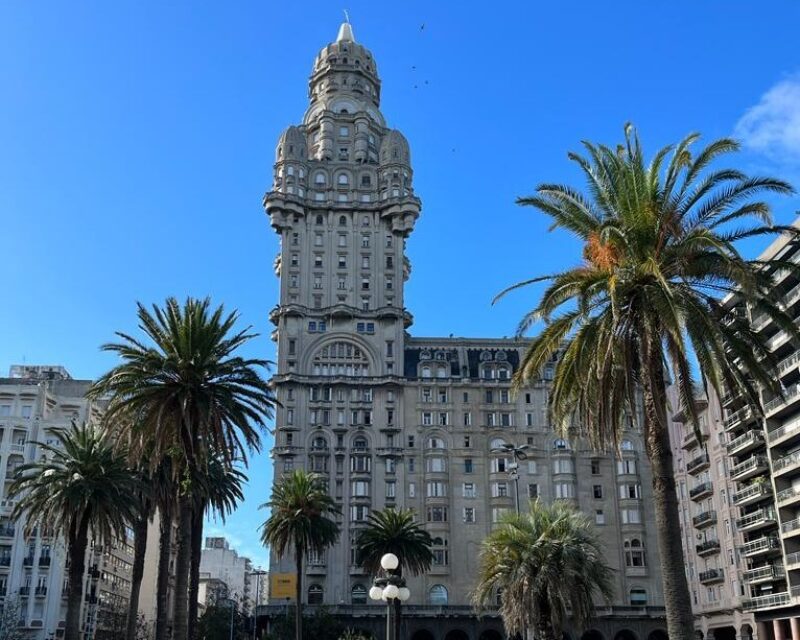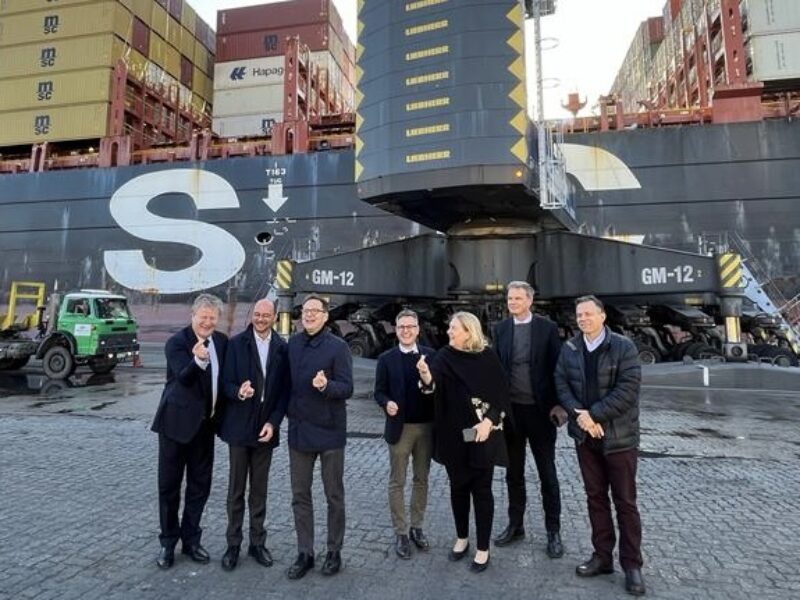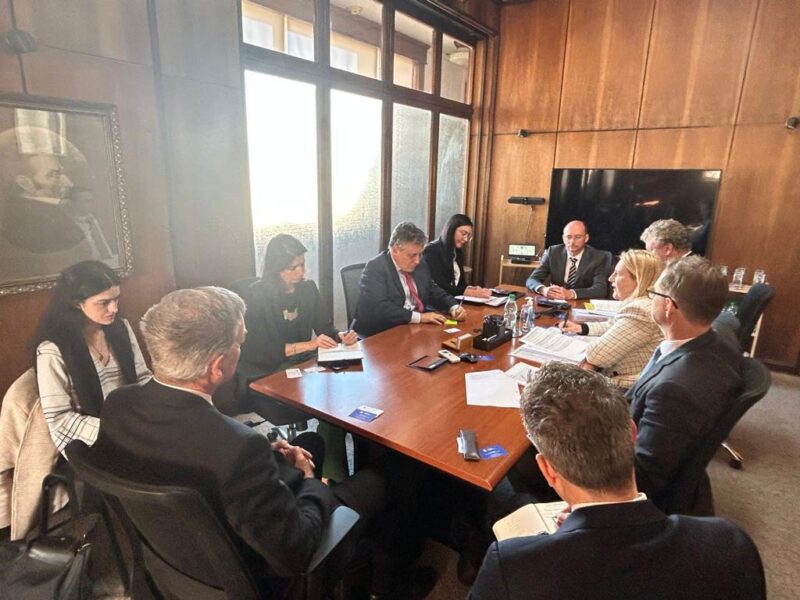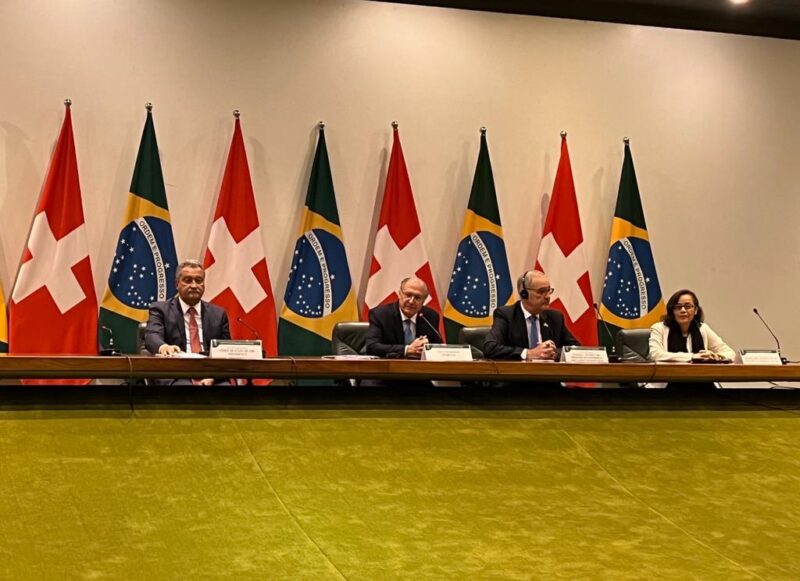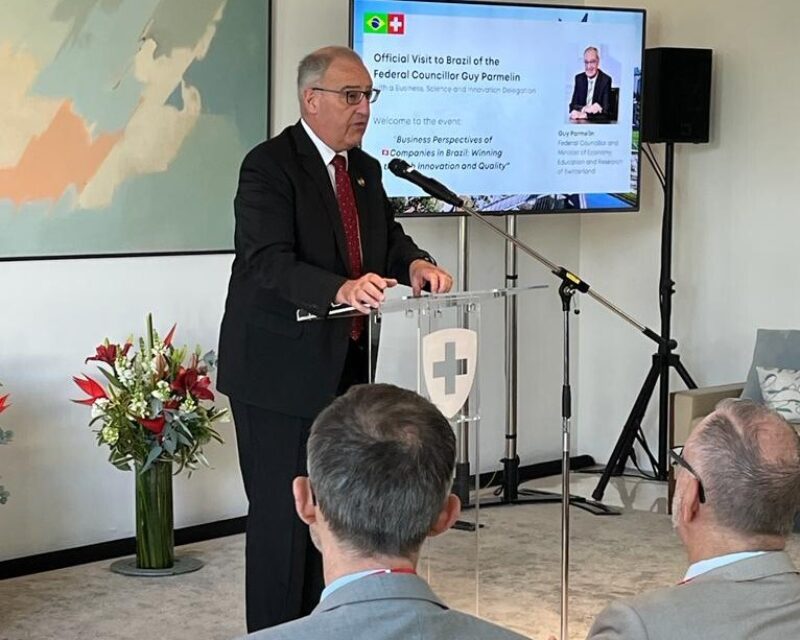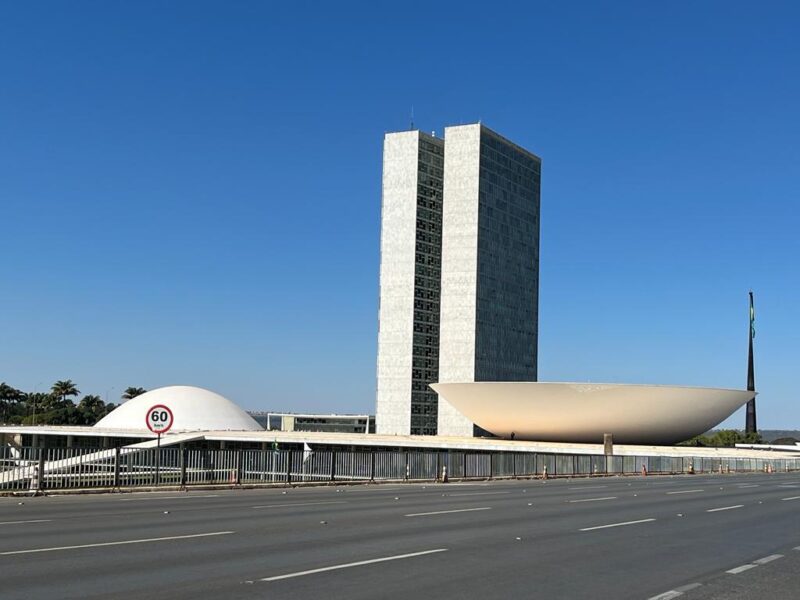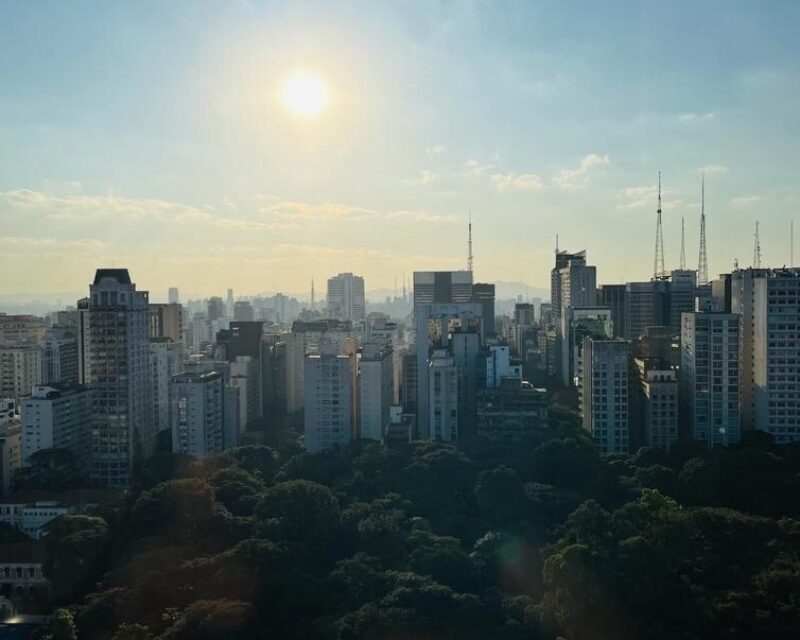Opinion
Five reasons why we need an agreement with Mercosur
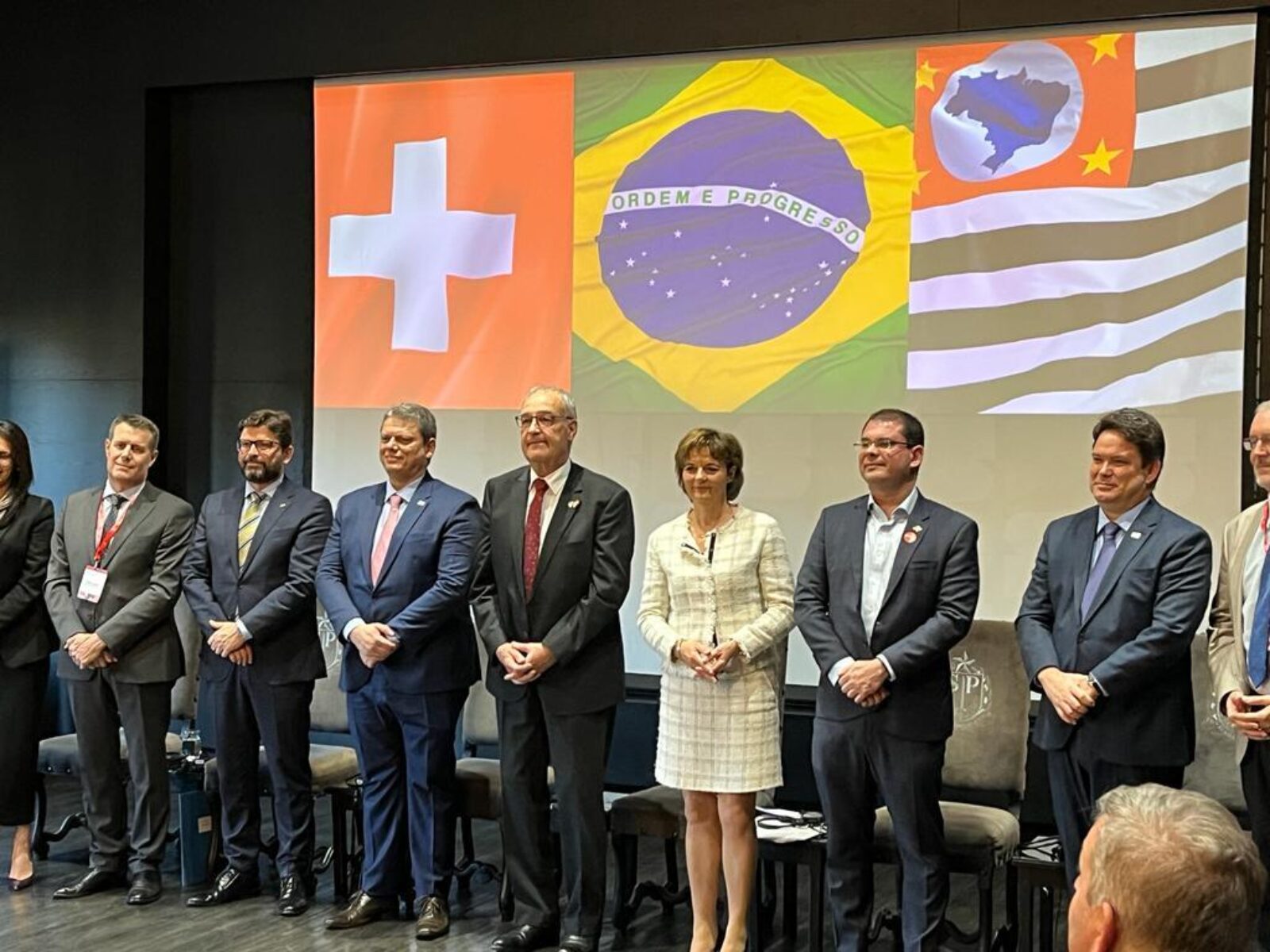
“Bom dia” awaited Federal Councillor Guy Parmelin when he visited Brazil with an economic delegation in the beginning of July. His aim in the world’s fifth largest country was to energize the negotiations on a free trade agreement with the Mercosur countries and deepen existing contacts. No simple mission, but one that is vital for the textile industry.
Federal Councillor Guy Parmelin travelled to Brazil with a clear mission: to get the stalled negotiations on a free trade agreement (FTA) between EFTA and the Mercado Comun del Sur – Mercosur – going again. Alongside Brazil, Argentina, Paraguay and Uruguay all belong to this international economic organisation in Latin America. Venezuela has been suspended since 2016. The substance of the FTA was adopted in 2019, but the agreement has not yet been ratified. Its entry into force was delayed by the Covid pandemic, the government of the last President, Jair Bolsonaro, specific technical issues and parallel negotiations between the EU and Mercosur.
Benefits for Switzerland
Why take such a long flight to reach South America’s biggest country? What are the potential benefits for Switzerland? Five reasons.
Firstly: Brazil is Switzerland’s most important trading partner by far in this region. Its sheer size with 214 million inhabitants already makes the Brazilian market exceptionally attractive. The Republic recovered quickly from the pandemic and exceeded expectations in 2022 with 2.9 per cent growth. Inflation is still running at six per cent, but on a sharply downward trend. That is a positive achievement.Secondly: Brazil could be an exciting market for technical textiles for infrastructure projects in the transport and sustainability sectors and also for functional or high fashion fabrics and garments for the growing middle and upper classes. “Could be” because economic relations with Switzerland have not yet got off the ground and high customs duties of 18-35 per cent are levied on textiles and garments. They partitioned off this market. Then there are further levies and non-tariff barriers to trade, such as licences. These place a heavy burden on imports. So, it is hardly surprising that our exports are running at a very modest level: they are worth just 5.3 million francs for textiles and 2.1 million francs for garments (2022 figures).
Thirdly: the government of President Lula da Silva who was elected in 2023 is focussing on the reduction of inequalities among the population, stabilization of the State budget and transition to the green economy. Sustainability is on the agenda – particular attention must be given to that factor in the negotiations.
Fourthly: if the process of accession to the OECD is to be continued, trading partners and investors can hope for further important steps towards reform. They will strengthen the entrepreneurial climate. The Organisation for Economic Cooperation and Development opened accession negotiations at the end of January 2022.
Last but not least: with Argentina, Paraguay and Uruguay, Mercosur includes other exciting markets. Uruguay in particular is number one in South America in terms of stability, democracy, equality, per capita GDP, education and green energy. It is an attractive hub for the whole region. An economic delegation led by State Secretary Helene Budliger Artieda was able to gain an impression of the advantages of Uruguay in situ.
